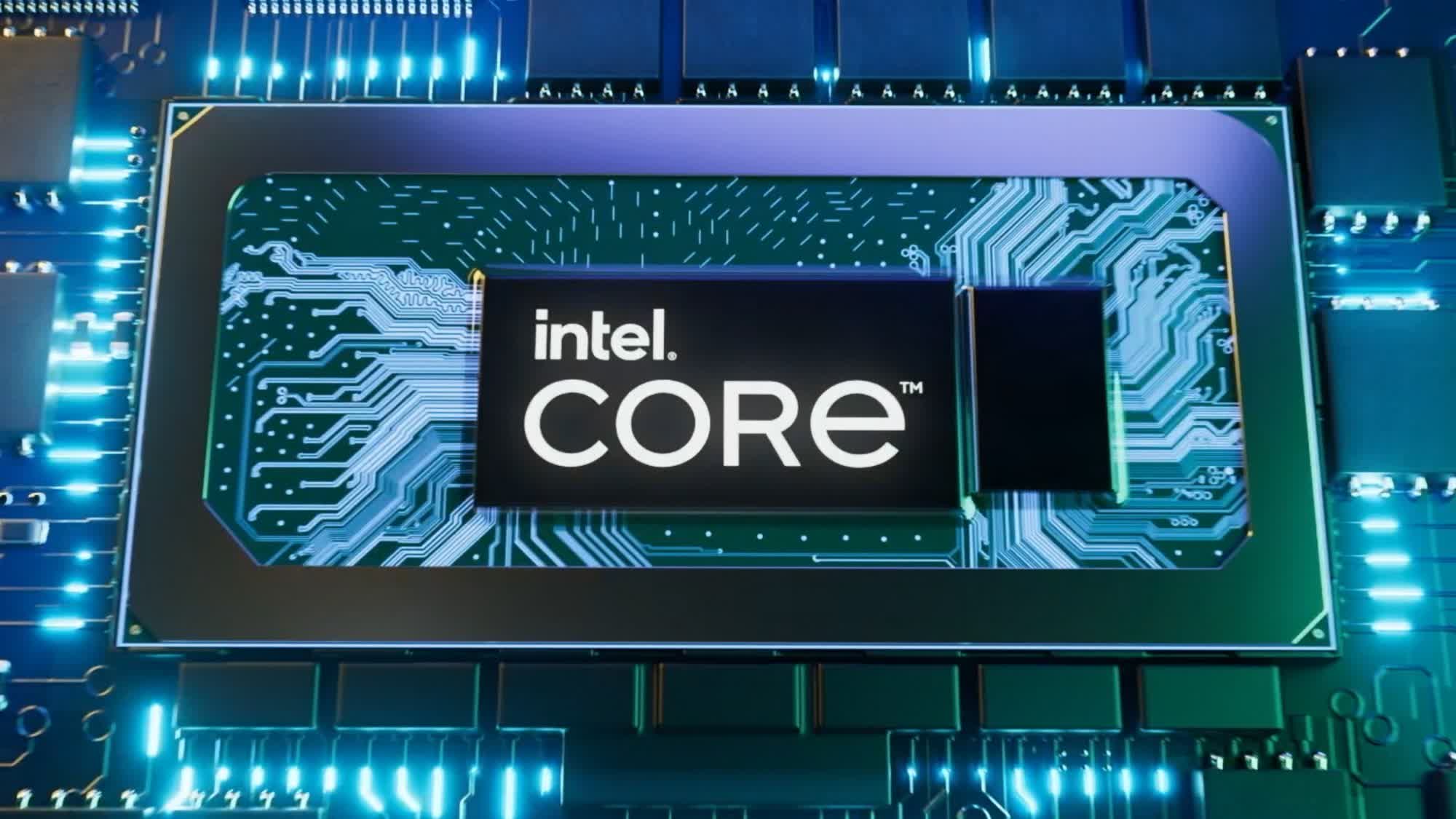What just happened? A court in Germany has issued an injunction against certain Intel processors in the country following a patent dispute against another US-based firm. In a case that could have far-reaching consequences for Intel's European business, a regional court in Dusseldorf ruled that many of Team Blue's older processor lineups infringe on a European patent held by a California-based company called R2 Semiconductor.

The patent in question revolves around voltage-regulating technology and is applicable only in the EU. According to R2 Semiconductor, the infringing processor lineups include Ice Lake, Tiger Lake, and Alder Lake for desktops and laptops, as well as Ice Lake Xeon processors for servers.
The ruling does not affect any of the current-generation processors, meaning devices powered by Raptor Lake and Meteor Lake chips can remain on sale. However, the case is still a major setback for Intel, as the company and its partners will now have to withdraw existing products that utilize the infringing chips, as well as boxed versions of these CPUs that are still available in the market. While the ban currently applies only to Germany, it's unclear if it will have wider repercussions across the EU.

Following the verdict, Intel denied that its products infringe on R2 Semiconductor's patents. It also attacked R2 for its business practices, calling it "a shell company whose only business is litigation."
In a statement to Reuters, Intel said that it is disappointed with the court's verdict and intends to file an appeal in the near future. The company also pointed out that it had won its legal battles against R2 in the US, and said that the latter should not be allowed to obtain injunctions on critical PC components like CPUs at the expense of consumers.
On the other hand, R2 Semiconductor applauded the court order, and said that it intends to enforce the injunction and protect its intellectual property. The company claimed that Intel was originally interested in paying for its "Integrated Voltage Regulator (FIVR)" technology, but backed away at the last moment and used it illegally in its products anyway.
In a statement, the company's chief executive, David Fisher, said "The global patent system is here precisely for the purpose of protecting inventors like myself and R2 Semiconductor."